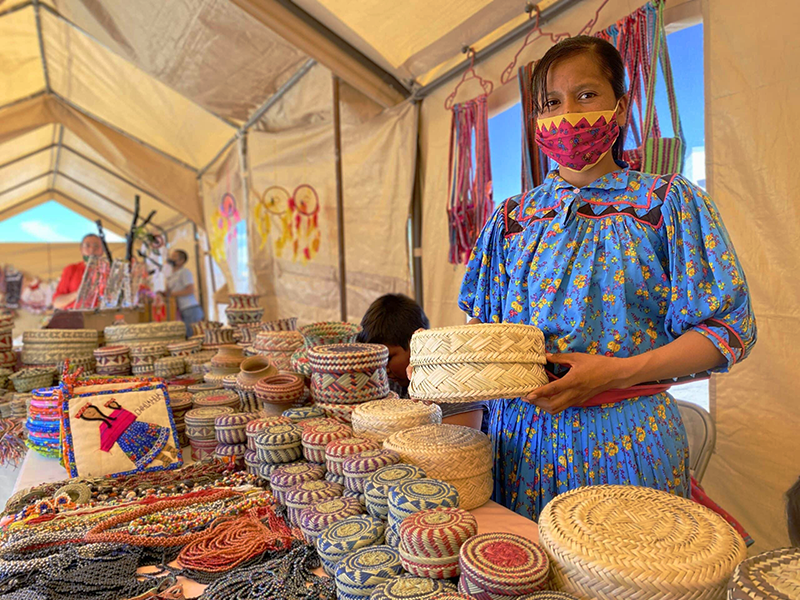
Desde increíbles lugares naturales hasta las experiencias más modernas, en esta guía podrás encontrar todo lo que necesitas para tu próxima aventura en este Pueblo Mágico.
IR AL DIRECTORIO MAPA ILUSTRADO
Con los filtros personalizados encontrarás lugares con opciones especiales como comida vegetariana, pet-friendly o con música en vivo.
Habla directamente con los mejores lugares a través de WhatsApp o llamada. Descubre promociones exclusivos para turistas y locales.
Consulta horarios, sucursales y servicios disponibles. Mantenemos la información de cada negocio y atracciones turísticas al día para tí.



Atracciones Naturales
Consulta nuestra guía para descubrir la majestuosa naturaleza de este Pueblo Mágico y planea tu próxima aventura.
Explorar categoría →
Restaurantes
Restaurantes, cafés y lugares clásicos que deleitan el paladar con auténticos sabores locales y opciones internacionales.
Explorar categoría →
Hospedaje
Descansa entre paisajes de ensueño. Desde cabañas rústicas con vista a las barrancas hasta hoteles con calor local, Guachochi te ofrece refugios que son parte de la aventura.
Explorar categoría →
Todo para tu Viaje
Desde guías turísticos expertos hasta opciones de transporte local, descubre rutas, actividades y experiencias únicas para vivir lo mejor de este Pueblo Mágico
Explorar categoría →
Productos Locales
Conoce sus artesanías, alimentos y productos de la región. Consume local y llévate un pedacito de nuestra cultura con creaciones auténticas que cuentan historias.
Explorar categoría →
Explora el mapa caricaturizado de Guachochi y descubre tu nueva aventura
Este proyecto independiente es posible gracias a los emprendedores locales que se han sumado a nuestra misión de impulsar el turismo y la cultura de Guachochi.



Conectamos a viajeros y turístas de todo el mundo con con las mejores promociones locales y eventos culturales.
Conoce más de nuestro proyecto. Ir a preguntas frecuentes.
Aumento del 7% en el turismo estatal en 2025. Fuente: Gobierno del Estado
Más Información Contacto →